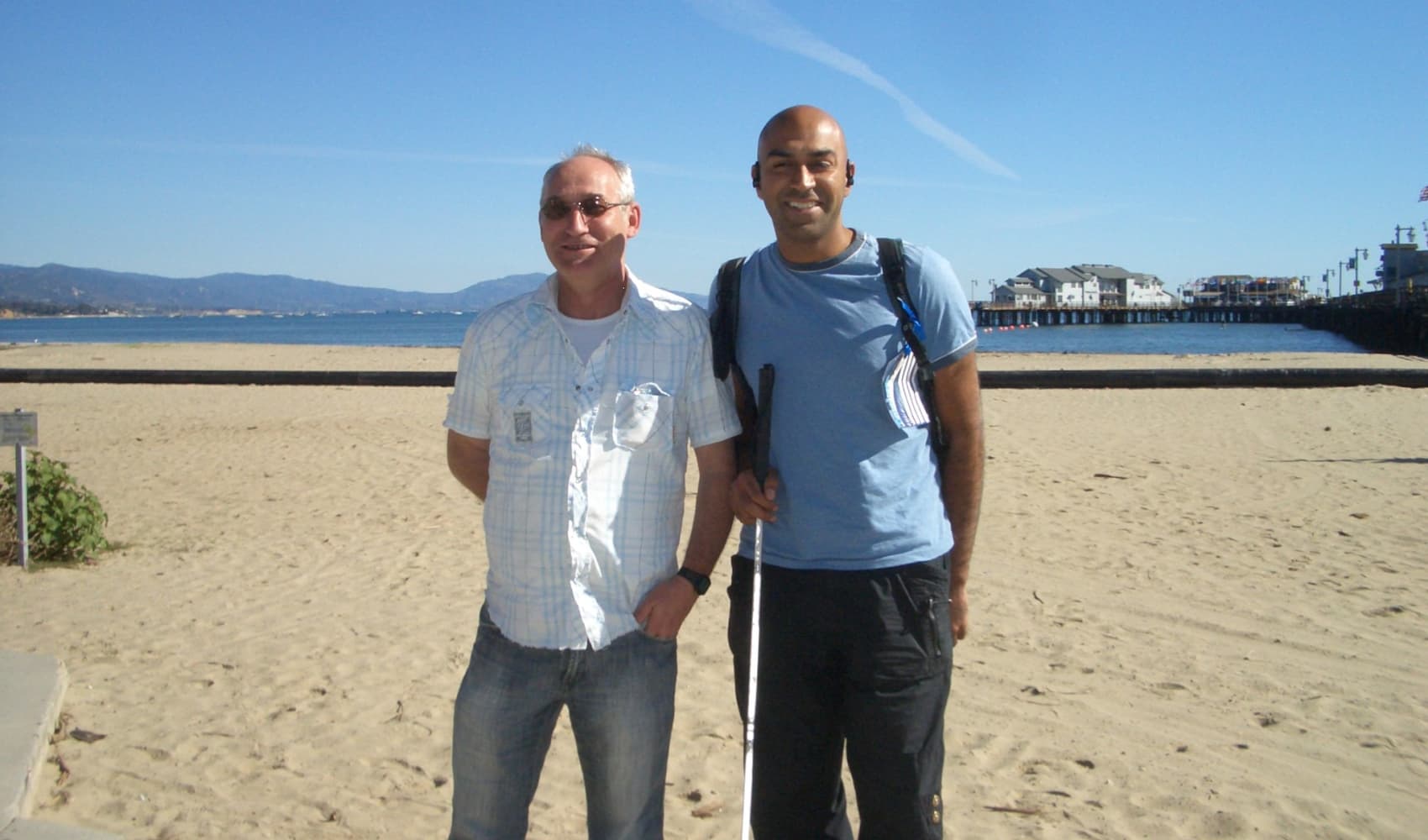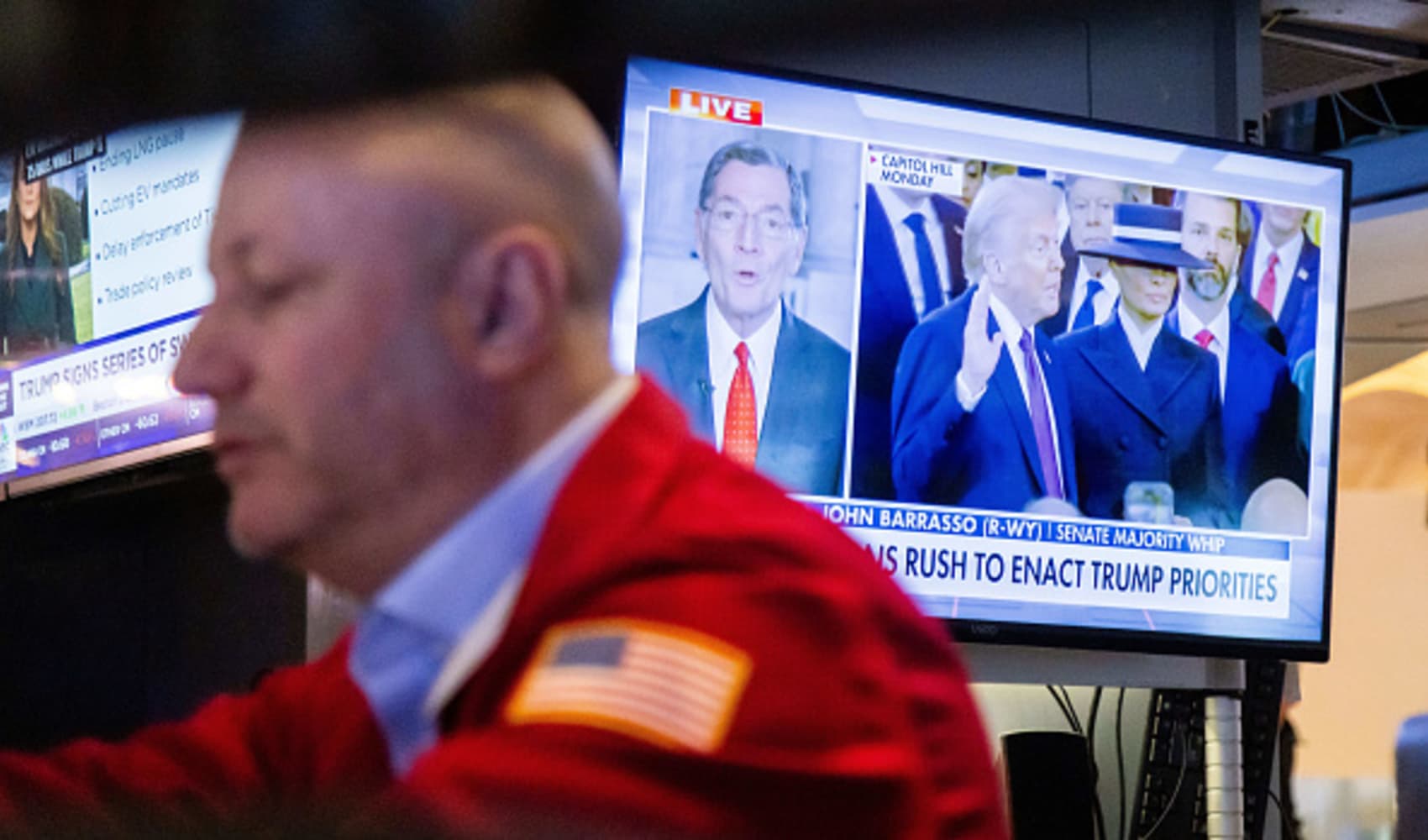
Pope Francis photographed on August 9, 2023, in Vatican City.
- The pope's Laudate Deum letter seeks to contextualize the state of play in 2023 when it comes to climate change and the energy transition.
- "Despite all attempts to deny, conceal, gloss over or relativize the issue, the signs of climate change are here and increasingly evident," Pope Francis says.
- Francis also spoke of the importance of the upcoming COP28 climate change summit in the United Arab Emirates.
Pope Francis issued a stark reminder about the effects of climate change on Wednesday, warning that "the world in which we live is collapsing and may be nearing the breaking point."
"Despite all attempts to deny, conceal, gloss over or relativize the issue, the signs of climate change are here and increasingly evident," the pope said in a letter titled Laudate Deum, or Praise God.
"No one can ignore the fact that in recent years we have witnessed extreme weather phenomena, frequent periods of unusual heat, drought and other cries of protest on the part of the earth that are only a few palpable expressions of a silent disease that affects everyone," the letter added.
It also made a point of stressing that "specific climate changes provoked by humanity are notably heightening the probability of extreme phenomena that are increasingly frequent and intense."
The beginning of the letter seeks to contextualize the state of play in 2023, signaling changes since the publication of an encyclical letter, 'Laudato si', in 2015.
Money Report
Highlighting the impact of climate change on human lives, Francis said he now "realized that our responses have not been adequate, while the world in which we live is collapsing and may be nearing the breaking point."
This is being felt in a range of areas, from forced migrations and healthcare to housing, access to resources and sources of employment, he said.
Feeling out of the loop? We'll catch you up on the Chicago news you need to know. Sign up for the weekly Chicago Catch-Up newsletter.
COP28, fossil fuels and renewables
Francis also touched on the upcoming COP28 climate change summit in the United Arab Emirates, which will kick off at the end of November.
His letter described the UAE as "a country of the Persian Gulf known as a great exporter of fossil fuels, although it has made significant investments in renewable energy sources."
It also noted that oil and gas firms were still "planning new projects there, with the aim of further increasing their production."
The UAE has been previously criticized for assuming the COP28 presidency, given its role as a large fossil fuel producer.
The pope expressed hope that those participating in the conference will be "strategists capable of considering the common good and the future of their children, more than the short-term interests of certain countries or businesses," and that the summit will lead to "binding forms of energy transition that meet three conditions: that they be efficient, obligatory and readily monitored."
He also argued that the current transition towards clean energy sources and the abandonment of fossil fuels is not advancing at the "necessary speed" and that "whatever is being done risks being seen only as a ploy to distract attention."






